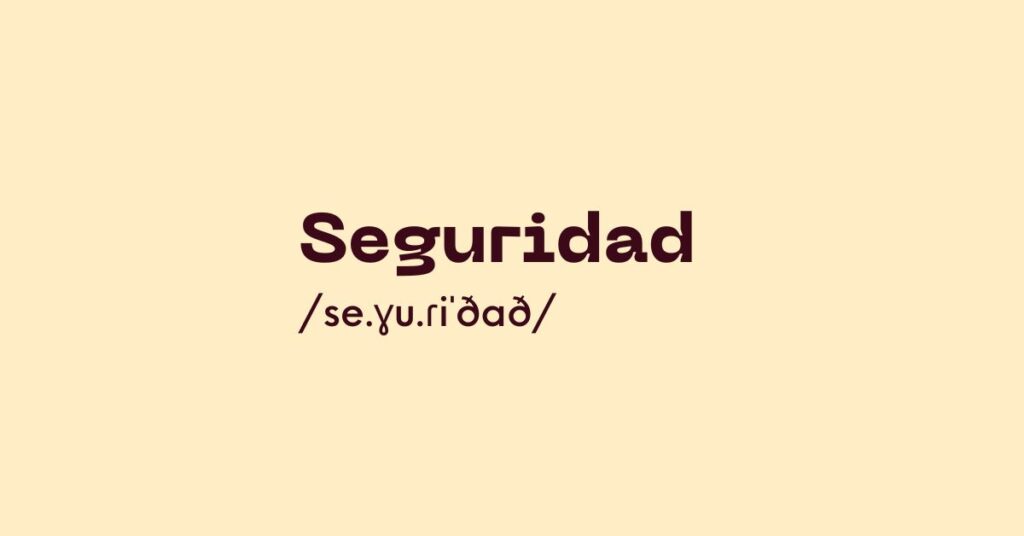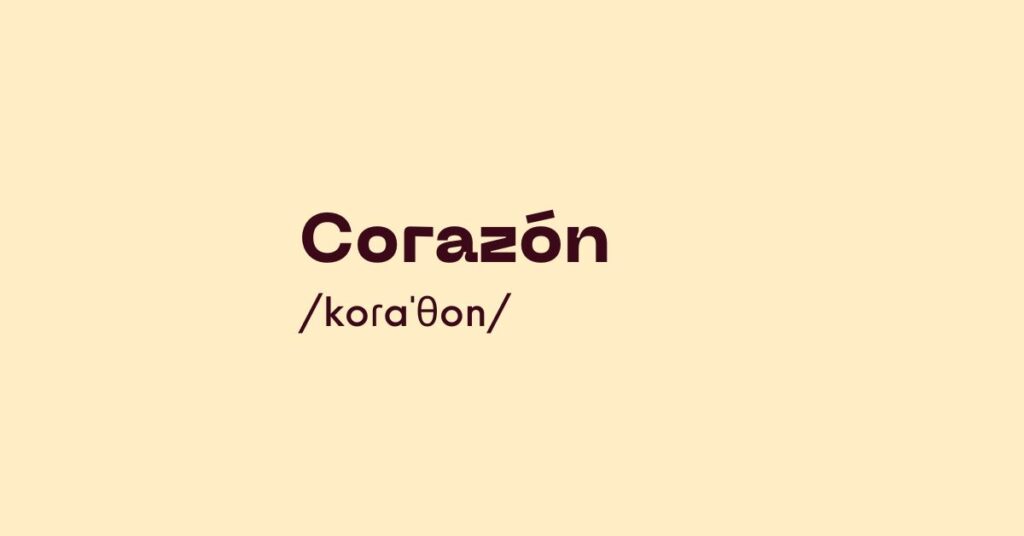Ir
Today’s Spanish word of the day is “ir”. It’s a verb meaning “to go”. It’s one of the most common and useful verbs in Spanish, so it’s essential to become familiar with it if you want to get very far in Spanish. As well referring literally to going somewhere, “ir” can also be used as […]









